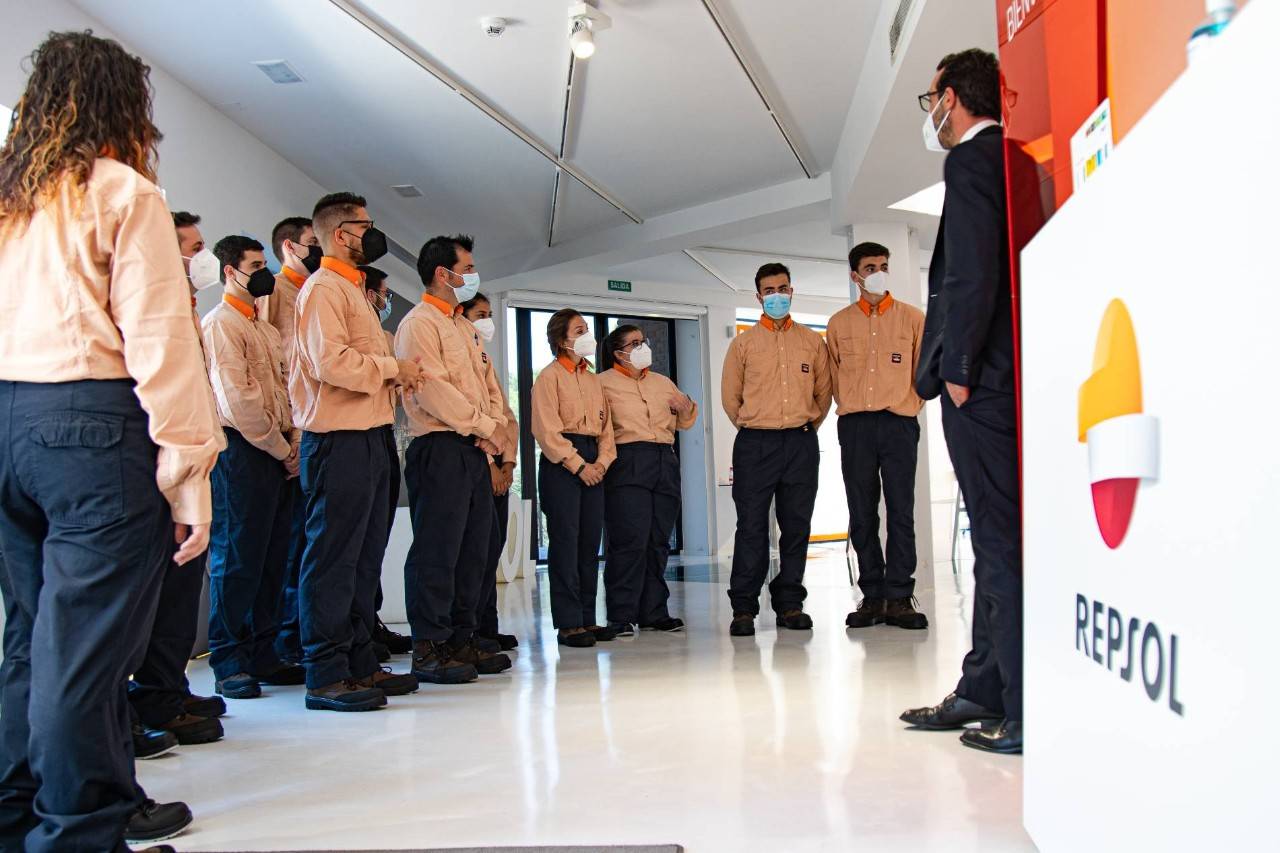
Dual VT: The advantages of learning by practicing
Combine teaching with in-company internships
Reading time: 5 min
You learn while demonstrating your technical skills and cross-cutting competences in a real environment. What advantages does dual training offer? Who is it for?
Dual Vocational Training has emerged as a solution to two shortcomings that young people have when starting job: The lack of experience and the disparity between what is studied and what is put into practice in the workplace.
Dual Vocational Training, also known as Dual VT, combines classroom learning with in-company internships. In other words, it gives students the option of receiving training in an academic setting while being able to put into practice what they've learned in the workplace.
In this way, students in this modality don't just receive theoretical training, but they're polishing their knowledge, developing their technical skills, and getting experience in real situations such as those that they're going to experience when they finish their studies.

